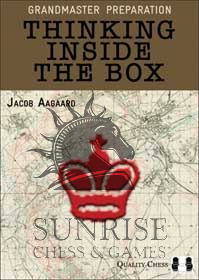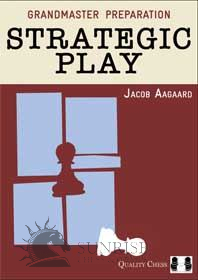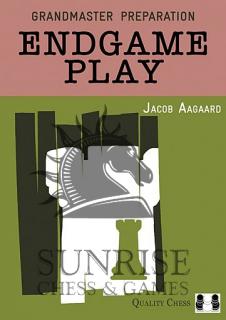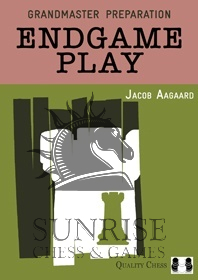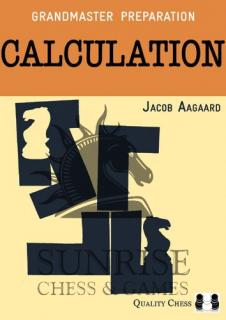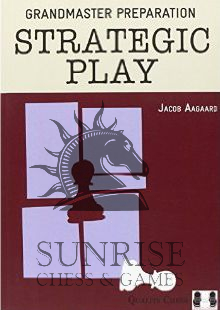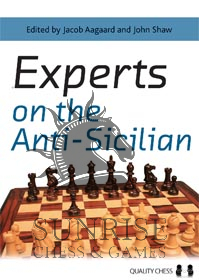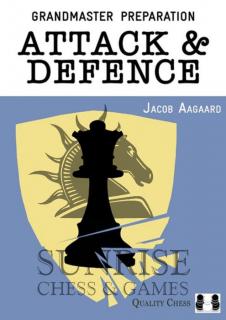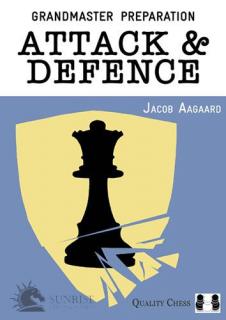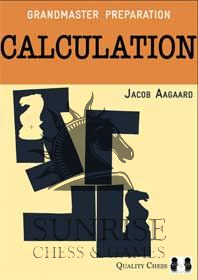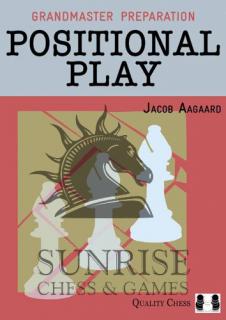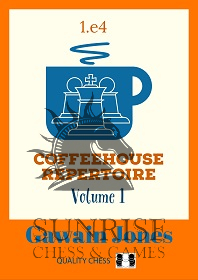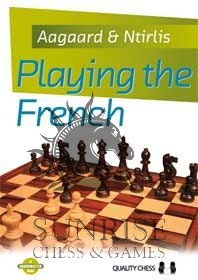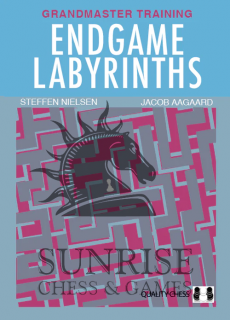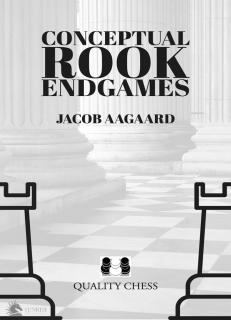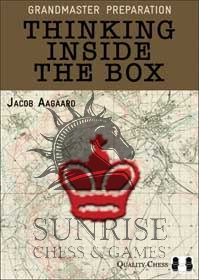
Grandmaster Preparation - Thinking Inside the Box by Jacob Aagaard (twarda okładka)
Wersja językowa książki: angielska
Okładka: twarda
Paperback edition now available
In Thinking Inside the Box Jacob Aagaard describes his chess improvement philosophy, developed over more than twenty years of thinking about one question: How do we make better decisions at the chess board?
As the final volume in the award-winning Grandmaster Preparation series, this book unifies the concepts of the previous five books and delves into such topics as:
Chess psychology
The four types of decisions we take at the board
How to play simple positions
What is calculation?
How to analyse your games
And many more
Thinking Inside the Box is the ultimate self-improvement guide, written for amateurs as well as world-class players.
Grandmaster Jacob Aagaard won the British Championship at his first and only attempt. He is the only author to have won the Boleslavsky Medal as well as the ACP, Guardian, ECF and ChessCafe Book of the Year awards. He trains grandmasters from four continents and has helped players win school tournaments, national titles, as well as international opens, the US Championship, the World Cup, the Candidates and two Olympiad gold medals.
ISBN 978-1-907982-35-4 - 408 pages - Published (hardcover) 7 June 2017
ISBN 978-1-907982-34-7 - Published (paperback) 17 January 2018
Reviews
"Grandmaster Jacob Aagaard is one of the worlds premier chess writers and trainers and Grand Master Preparation: Thinking Inside the Box is the sixth and final volume in his self-improvement series of over 2000 pages that is without equal.
The contents of previous books in the series (Calculation, Positional Play, Strategic Play, Attack and Defense and Endgame Play) were largely explained by their titles, but Thinking Inside the Box, arguably the best of the bunch, covers a wider variety of topics... Highly Recommended."
IM John Donaldson
"With his latest work, "Thinking Inside The Box", Jacob Aagaard closes the Grandmaster Preparation series and links the predecessors in a very entertaining way, while also introducing new facets. It reminded me of the Scottish tradition of entertaining authors, such as Paul Motwani and Jonathan Rowson, who knew how to entertain in a very personal way, but also gave a lot of chess knowledge.
The level is not too high and every chess friend can take something from the book... For me this is a very strong book."
IM Dirk Schuh
"Thinking Inside the Box is an immensely rich book...
Very few chess books have stuck with me the way that Thinking Inside the Box has. I think it is Aagaard's finest work, filled with useful insights, and I find myself reflecting on it frequently as I play and study."
John Hartmann, Chess Life (full review)
"The Grandmaster Preparation series previously included five parts on Calculation, Positional Play, Strategic Play, Attack and Defence and Endgame Play. The apotheosis is now published: Thinking Inside the Box.
Anyone who takes the trouble to read more than 400 pages, from whatever level, will encounter topics that he or she may never have thought about."
Bab Wilders, Nederlands Dagblad
- Sklep: Sklep Szachowy: Szachy, Figury, Zegary, Książki, GRAWEROWANIE LASEROWE! - Polski Producent szachów e
- Kategoria: KSIĄŻKI SZACHOWE/KSIĄŻKI - PO ANGIELSKU/Postęp szachowy
- Marka: Wydawnictwo Quality Chess
- Dostępność: na stanie
- Zaktualizowany: 28.10.2024
- Cena: 142.00 zł
